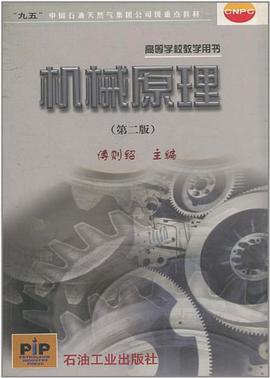

具体描述
"I have only the highest praise for Krieger's perspicacious text. He makes observations about the thinking of physicists which are insightful and truly novel. He has a broad and far reaching perspective on the way physicists think. I don't know anyone who has expressed it so eloquently".(NBen Brabson). This is a book about physicists and what they are up to when they try to get a handle on the world. It describes the ways physicists actually do their work, their motives, and their ways of making sense of the world so that outsiders can understand it. Martin H. Krieger explains that physicists employ a small number of everyday notions to get at the world experimentally and conceptually. Krieger's stories focus on five of these models: the division of labor among particles, fields, and spacetime in the factory of Nature; the analysis of the world as a clockworks of comparatively dumb parts whose composition is often surprisingly complex and rich; the play of freedom and necessity given by a set of kinship rules that govern the nuclear family; the setting of a simple stage, a vacuum, on which something arises out of nothing; and a mode of grasping the world with the handles, probes, and tools that make up a physicist's tool kit. In each case, Krieger shows that the deepest principles of physics are embodied in the physicist's craft and conventions.
作者简介
目录信息
读后感
评分
评分
评分
评分
用户评价
相关图书
本站所有内容均为互联网搜索引擎提供的公开搜索信息,本站不存储任何数据与内容,任何内容与数据均与本站无关,如有需要请联系相关搜索引擎包括但不限于百度,google,bing,sogou 等
© 2026 book.wenda123.org All Rights Reserved. 图书目录大全 版权所有




















